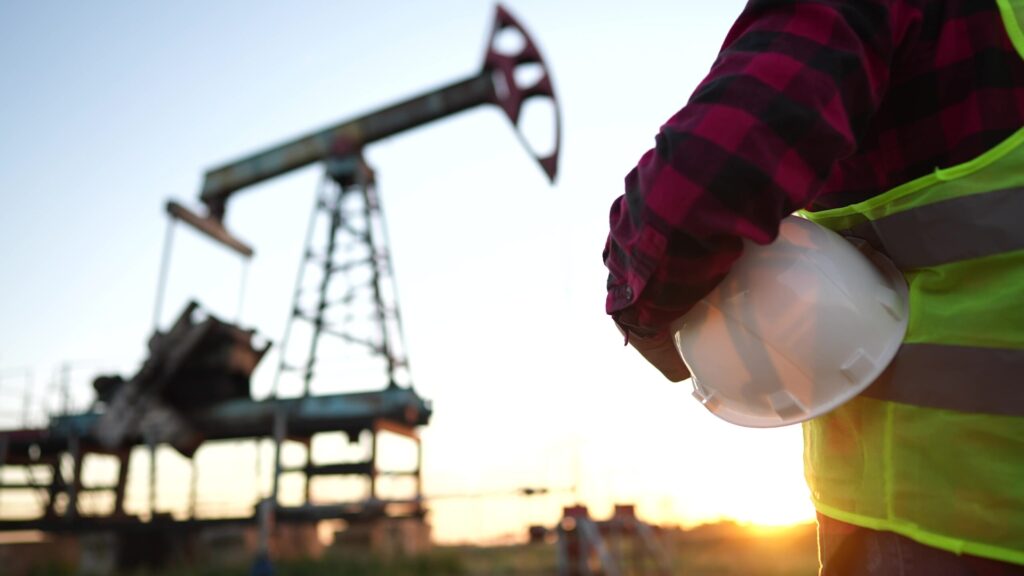Basic Oil and Gas Drilling Safety

Oil drilling is an intricate process that involves lots of strength and skill. With so many moving parts and hands on deck, you not only need to perform your job, but you also need to perform it with safety in mind.
Potential Drilling Safety Hazards
Once drilling begins, there are several hazards that you must be aware of and take into consideration to reduce your risk of injury. These risks may include:
Being struck by tongs, the make-up chain or pipe
Being caught between collars and tongs or spinning chains and pipes
Experiencing strains and sprains during lifting or controlling movement of drill collars, bit breakers, pipes and tongs
Injury Avoidance Suggestions
To reduce your risk of injury while drilling, take these safety precautions into consideration:
Implement an effective pipe handling, make-up and break-out procedure by:
Standing outside the tong swing radium when breaking pipe
Using proper tong-latching techniques and proper hand and finger placement on the tong handles
Standing clear of the rotary table when it is moving
Use a tall rope on the spinning chain to keep your hands free from the danger area.
Use proper lifting techniques to avoid strains and hoist slowly to limit pipe momentum. Or, use mechanical lifting aids toassist.
If you do not understand part of the drilling process, ask your supervisor for clarification before proceeding.
Always wear appropriate personal protective equipment.
Be sure to follow all safety protocols, even if they seem unnecessary or slow you down.
It’s important for you to understand all of the potential drilling safety hazards and to take the proper precautions. Your safety, and the safety of others, depends on it.
Contact INSURICA today to learn more about your oil and gas coverage options.
This is not intended to be exhaustive nor should any discussion or opinions be construed as legal advice. Readers should contact legal counsel or an insurance professional for appropriate advice. © 2023 Zywave, Inc. All rights reserved.







